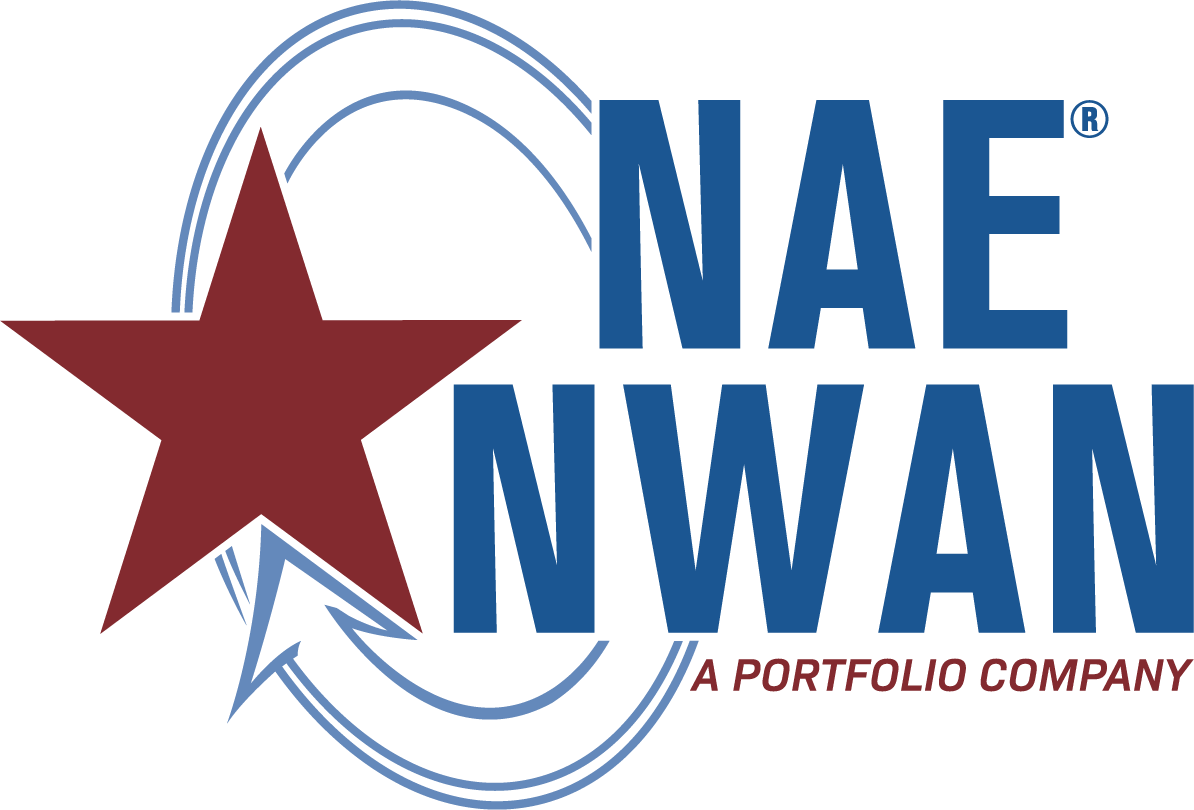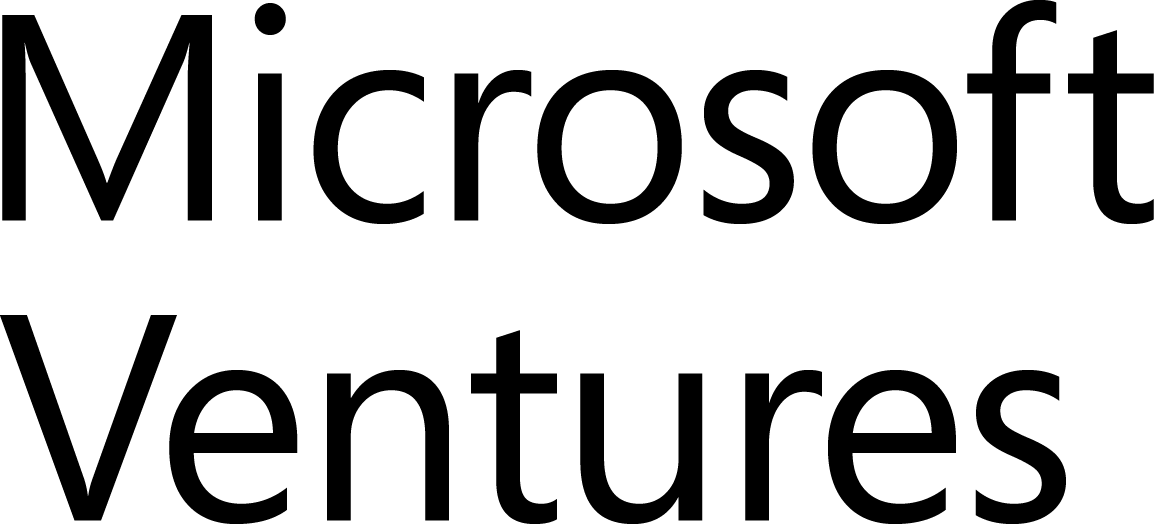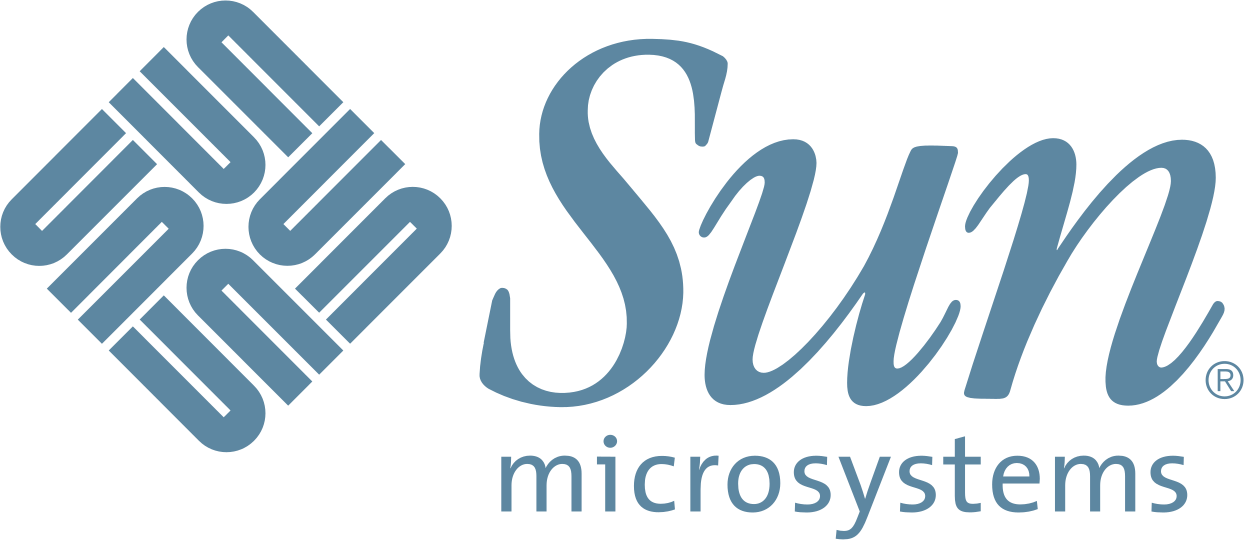Prospus President and Founder Marc Ragsdale (MJR) is a different kind of tech entrepreneur. Not only does he claim to have a revolutionary new way of building, distributing, and consuming software, but he up and moved to India to bring it to life. In this interview, we sit down with Ragsdale and ask him about his first two years in India as an expatriate businessman.
India has long been a magnet for Westerners, what is it that specifically drew you in when you first arrived in 2011?
MJR: I actually first arrived in India in June 2004. It’s an interesting story, but let’s just say I fell in love with the country. Something about this place just fascinates me, and I knew I wanted it in my life. So, let’s fast forward to 2010, when I re-arrived in India to open a delivery center for my US-based consultancy, Prospus LLC. I had been theorizing about this new type of software since my high school days. I originally called it “Project Now”, and while I’m a little embarrassed to say it, it did come into my head around the same time as the Matrix. I like to think it was just coincidence, but that move at that time was pretty epic, and it probably got a certain type of person to think. With me, this idea popped into my head one day in Vancouver, Washington, walking to school in the morning: “there’s a way to know everything about everything”. And with that, I imagined being able to visualize and collect every data point on the events in any given physical space I occupied at that moment. Dinosaurs, native Americans, buffaloes, everything.
Could you tell us more about the impulse that drove you this far? Why is it important?
Well it was this Project Now, really. It was this cryptic message, but I held onto it. I began to explore it, and as I got older, got into programming jobs, I began to watch it transform into something practical. Its earliest incarnation in 1999 was an executive dashboard, really. I called it “Happy President”, and it was this sort of all-seeing eye assembled from checklists that anyone could create and share. Now keep in mind this was the days of AOL; Google was becoming important. Dot-coms were beginning to go crazy. Everyone was excitedly awaiting Windows Server 2000, and holding their breath for Y2K. There was no social media, and I carried around a Compaq Ipaq, Canon Digital Elph camera, a black Gateway 2000 laptop, and an Olympus voice recorder. I really did — I was kind of a geek, I guess. These interlocking checklists were actually pretty novel — in fact, I should probably go back and read those notes!
Anyway, I was limited to early ASP. I pitched my product to the president of the company I worked for at the time back in 2000, but he didn’t really know what I was saying. The idea never left me, and fast forward seven years, and I knew I had to go for it. Social media had exploded, Google gave us more power than we ever imagined, and mobile was changing everything. I felt like the tools I needed were here. Keep in mind that by that time, I had already been in India. So when I started making plans to develop a prototype, India made sense as a low-cost destination where I could afford to do it myself. I wasn’t really aware of the investment game, and was pretty far removed from that scene, so I made my plans to go to India. So to answer your question, the magnetic force drawing me to India was both my personal love of the country, and the access to low-cost, highly-skilled IT labor with which I could affordably build my prototype.
Before considering India, did you ever consider going somewhere else like China?
MJR: Absolutely. I considered China, the Philippines, Mexico, and even the emerging tech scene in eastern Europe. But given my comfort in India from my earlier residency, and the fact that their tech scene is the most advanced, India just made sense. I also considered political factors. While the US and China are friendly, China has some terrible, anti-competitive trade laws involving forced technology transfers and mandatory local partnerships. I wasn’t comfortable with investing into a country where I was forced to relinquish 51% of my company, and all of my IP. Obviously I didn’t want all my hard work going to someone else. Beyond that, China just really wasn’t — and isn’t — as advanced in IT, and there is a major language barrier there.
You could have stayed in any city. Why Noida?
On this second trip, I was in India from early 2010, and didn’t formally launch Prospus until April 2011. So, I did my research for a solid year before making that decision to settle in Noida specifically. There wasn’t much going on here, but there is a few sectors that seem interesting to me. Some larger, funded companies have settled offices here, and so I’ve taken cues from that. The larger multi-national corporations are all in Gurgaon and Delhi, but Noida is a nice in-between. It’s a lot more affordable, and we still have access to the talent in those areas.
What did you think about your move after you’d already spent six months in the country?
Again, I was comfortable in India on a personal level. But on a professional level I did have some misgivings after the first six months. The bureaucracy was very challenging to navigate, and a lot of the services we depend on are opaque. Transportation and infrastructure are nascent, and sometimes our employees just cannot get to the office for one reason or another. Rigidity does not work in India, so you just have to go with the flow here — as they say, the flexible tree survives, the rigid ones snap.
Having landed in India, did you ever anticipate the possibility that this was likely to become your second home?
Not really, but I wasn’t thinking about it one way or another. I still call Portland “home”, but I’m really not sure when I’ll go back. If our company keeps growing here, I will have to remain here to guide it. but I just have to wait some time to see how it all goes.
Back in 2011, broadband was still a thing of wonder in Noida. I am assuming you had to use a dial-up. How quickly have things changed over time?
Very quickly. They have to, because businesses are pouring into this part of India. The MNCs started it, but with the inflow of resources, more and more entrepreneurs are arriving and setting up shop. We all have needs and expectations, so that attracts new businesses to serve those needs. It’s really neat to watch it all grow up.
Did you ever contemplate that staying in India for long could cut you off from technological advancement in the west?
Yes, for sure. As I mentioned, I have spent nearly seven years here now, and so I have witnessed dramatic technological advances from afar here in India, when previously I would have been part of them in America. So, from a professional standpoint, that has been one of the downsides. In India, a lot of the work we do is in supporting all of yesterday’s infrastructure, rather than building tomorrow’s. However, I do think that will change in the next decade, and I fully intend for Prospus to be part of that change.
Thank you for sharing your time and insights, Marc!
























